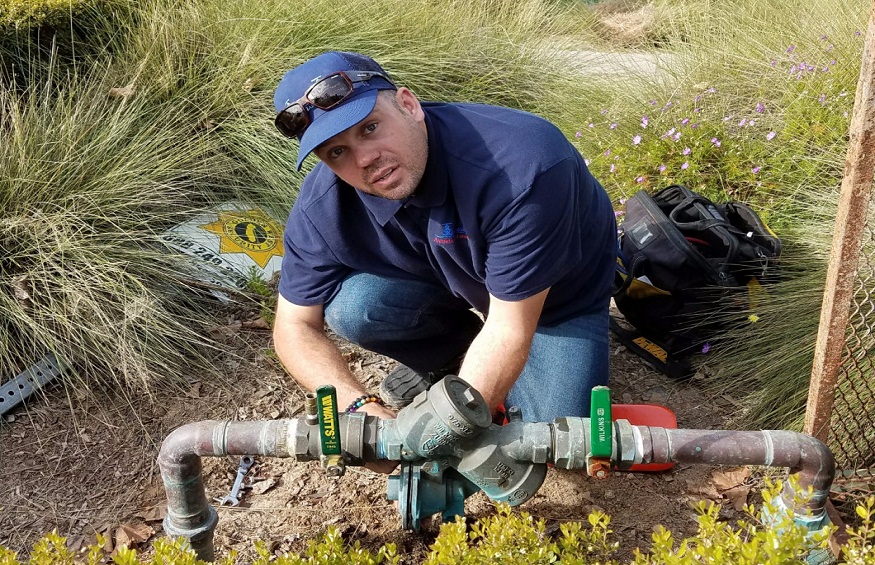
Discover the Benefits of Regular Backflow Testing
Backflow testing cannot be overemphasized as it serves as the backbone for protecting the general population’s health, preserving the nature around us, and adhering to set administrative necessities. Backflow tests must be conducted frequently, and they will help prevent contamination of water and waterborne diseases, minimize liabilities, and maintain the integrity of drinking water for the people in municipalities, businesses, and homeowners.
Here are some of the key benefits of backflow testing:
Prevention of Contaminated Water Supply: Backflow is a situation where water flows in a direction that is contrary to normal expectation provision through alterations in pressure in a system. Backflow prevention device testing means the devices are functioning as expected, eliminating risks to public health by contaminating drinking water.
Compliance with Regulations: It must be noted that some of the municipalities/local governments have laid down strict guidelines regarding bi-annual or annual backflow testing for properties, especially adopting irrigation systems, fire-fighting sprinkler systems, or industrial processes. Such tests would keep the property owners and managers aware of the regulations to avoid these problems and the possible implications of incurring fines and going to court to face legal action, besides risking having the water supply cut off. Strict compliance with these rules enables society to uphold proper water usage in line with water safety to ensure those structures’ reliability.
Early Detection of Plumbing Issues: It also helps establish backflow testing Los Angeles to detect any complications in a plumbing system before it becomes more dreadful. For example, problems in the backflow preventer mean feedback can point out other problems, such as pressure variation and pipe corrosion. Testing tells when exactly motors require a particular repair or replacement to avoid damages that would have caused complications, which are expensive when rectifying problems with water service.
Protection of Public Health: Regular inspection of backflow prevention devices is a preventive measure for preventing the spread of backflow in water supply systems, which is important in enhancing public health. Water that can be sucked back into the system is normally contaminated, and this brings health risks such as bacterial, viral as well as industrial chemical contaminants. To lessen these risks, testing is carried out frequently to ascertain that the water is safe for drinking and cooking and to support the cleansing of the community members to get rid of diseases.
Maintaining Water System Integrity:Backflow testing helps maintain the entire water distribution system, which is strong and worthy at the end of the day. This assists utility companies and property owners keep a high level of water quality, thus strengthening the stability of water supply infrastructures. Since backflow prevention devices serve as barriers to protect other parts of the system and the fully supplied water that people are paying for, it is crucial to make sure that such devices fully function and do not allow contaminants into the pipeline, which will regain consumers’ faith and belief in the water supply companies.
Final Thoughts
Backflow testing is important in prevention, public health, safety, health and welfare, water quality, compliance with regulatory requirements, plumbing and identifying possible plumbing problems, and public and environmental protection. Such benefits indicate why proper backflow tests should be conducted regularly and comprehensively as part of any proper water management program.


